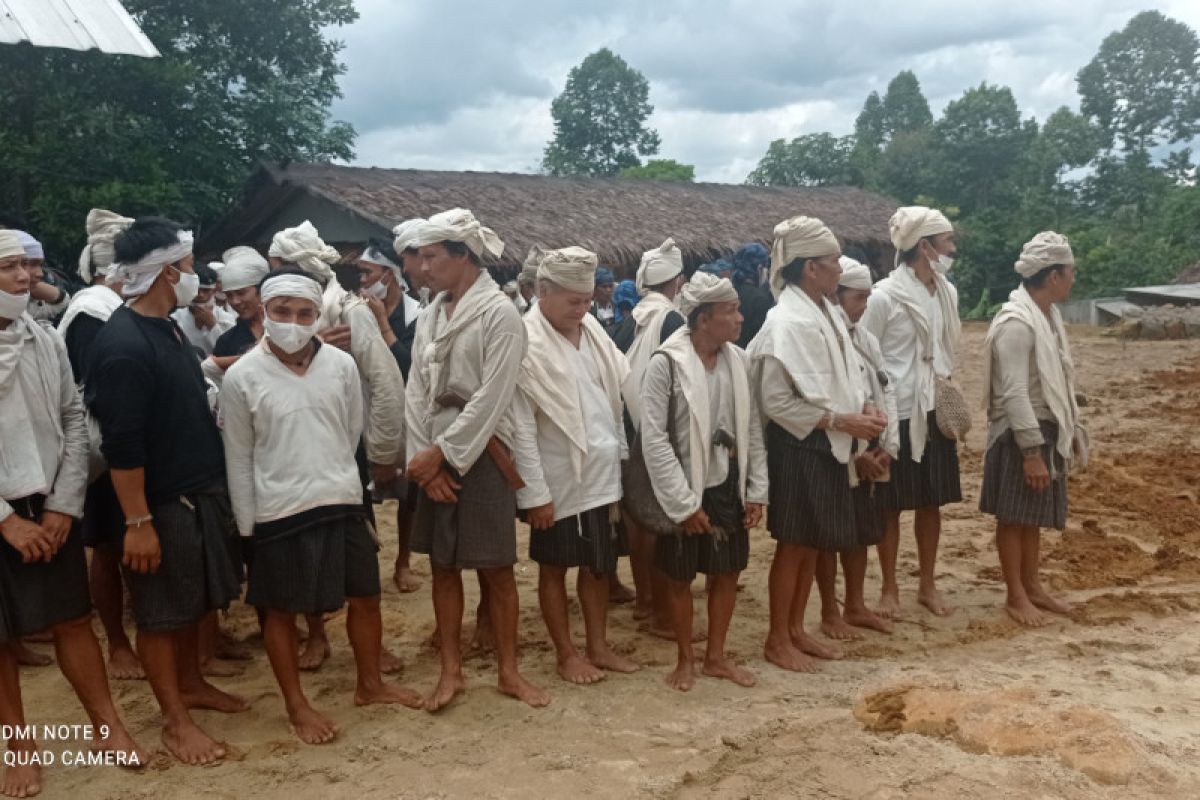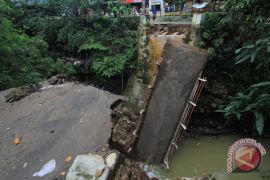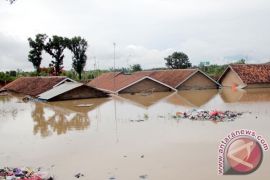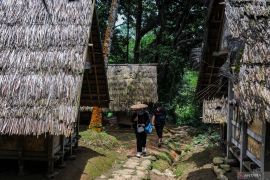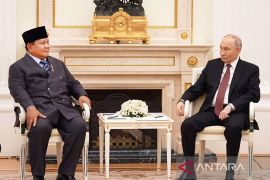The Baduy people, comprising some 16 thousand members divided into two main groups of Inner Baduy and Outer Baduy, enthusiastically welcomed the Kawalu ritual, an opportunity to express their gratitude to the Almighty God for His blessings and abundance enjoyed by the Baduys throughout the year.
All Baduy people are obligated to participate in the Kawalu ritual, lest they suffer year-long misfortune and customary punishment strictly enforced by elders if they violate the taboo and restrictions during the ritual.
The ritual is centered at three Inner Baduy hamlets of Cibeo, Cikeusik, and Cikertawana. Baduy people will throng the community hall and will observe instructions of customary leaders, locally known as Puun, during the ritual. The Puun will be assisted by Jaro Tujuh and Baresan Paleswari for the ritual.
During the Kawalu ritual, Baduy villages, normally opened at limited capacity for tourists and non-Baduys, would be sealed from any outsiders to allow the Baduy people to focus on the ritual.
Expressing gratitude
Saidi Yunior, the Jaro Tangtu Duabelas -- the person responsible for the Baduy traditional authority -- stated that the decision to commence the Kawalu ritual was made after consulting with the Tangtu Tilu Jaro Tujuh that also represented the traditional authority in Kanekes Village.
Before the commencement of the Kawalu rituals, the Baduy people will perform the collective task of cleaning and purifying their villages for three days.
The tradition also instructed the Baduy people to undergo ritual fasting during the Kawalu ritual which Saidi had urged the Baduys to comply with.
“We hope the Baduy people would perform the ritual fasting during the Kawalu period,” the Jaro Tangtu Duabelas remarked.
The obligation to observe the Kawalu ritual is imposed on all members of the Baduy community that have been circumcised, and failure to observe the ritual would bring misfortune and loss for those not following it.
During the three-month-long Kawalu ritual period, the Baduy will observe three 24-hour fasting rituals that they are required to undergo. The fasting days will be determined by the Baduys' traditional calendar system.
The first fasting day, the Kawalu Tembey -- the “first Kawalu” -- will be observed in Kasa 17; the second fasting day, the Kawalu Tengah, or the “second Kawalu”, will be observed in Karo 18; and the last fasting day, the Kawalu Tutug, is performed at Katilu 17.
The Baduy people will also perform a thanksgiving ceremony apart from the obligatory fasting and invocations that they will recite daily.
They will pray to the Almighty God to invoke blessings in the form of security, abundance, and prosperity. Community elders also urge the community to pray for the safety of the Indonesian nation and the end of the COVID-19 pandemic in the country.
An Inner Baduy elder, Ayah Mursid, stated that the Kawalu ritual is performed to express the Baduy people’s gratitude to the Almighty God and invoke blessings for the future. Their complete focus on the solemn ritual indicates their high devotion to God, he added.
During this period, the Baduy people are also prohibited from holding marriage and child circumcision ceremonies that might divert their focus away from the solemn nature expected during the Kawalu ritual.
Seclusion from outsiders
A Baduy elder and Kanekes Village Head, Jaro Saija, stated that the Kawalu ritual will not be a public spectacle, as the Baduy villages of Cibeo, Cikawartana, and Cikeusik -- that are normally open to the public -- will be closed throughout the Kawalu ritual.
He believes that the isolation is necessary to ensure that the Baduy people can fully concentrate on devoting their time to the ritual and to seek blessings from the Almighty God.
The Baduy people have secluded themselves from the external world since Saturday (Feb 5) and are expected to do so until April 6, 2022.
Moreover, Ayah Mursid also called for public understanding regarding the decision to isolate Baduy Villages during the ritual.
“We urge tourists to respect the customary decision in prohibiting external access to the Inner Baduy area (throughout the Kawalu ritual),” Mursid remarked.
Though the complete seclusion must be observed during the Kawalu ritual period, Mursid clarified that national and local government officials would be allowed to visit the village during the period in certain circumstances, yet the custom authority will restrict the visit to only five persons.
After the Kawalu ritual concludes, the Baduy people will descend from their villages and walk for around 160 kilometers -- with a restriction on using motorized vehicles -- to visit local government officials en masse in a tradition called Seba Baduy.
Under the Seba Baduy tradition held to demonstrate their recognition and loyalty to the national authority, they will visit Lebak District Head, Iti Octavia, whom they call “Great Mother,” and Banten Governor Wahidin Halim, whom they call “Great Father.”
Despite the Seba Baduy having been followed for years, Mursid admitted that the current COVID-19 pandemic and the recent surge in cases in the region might compel the Baduy elders to suspend the tradition this year.
“(Unfortunately), we are not certain that we can continue the Seba Baduy this time because of the current surge in COVID-19 cases,” he remarked.
For now, the Baduy people will isolate themselves from the external world for three months. They will channel their focus to express their gratitude to the Almighty God and invoke his blessings for the Baduy people and the Indonesian nation, with abundance and fortune in the future and to be freed from the COVID-19 pandemic.
Related news: Minister to assist in pathway repair in Badui village
Related news: Badui residents conduct raid on modern goods for destruction
Editor: Rahmad Nasution
Copyright © ANTARA 2022
